Book Trends: e-Books vs Print
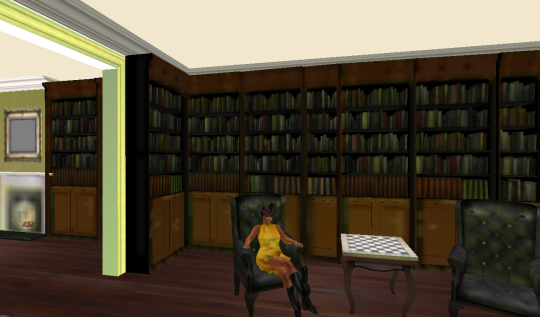
Recent stats show e-book sales slipping and print book sales advancing slightly. Sony is no longer selling an e-reader. Amazon is opening physical bookshops.
Reasons people prefer eBooks:
- Storage – People can store hundreds, even thousands, of books within one device.
- Ease of purchase – Buying an eBook is just a click away.
- Portability – The worst thing is finishing a book on vacation and not having the next book to start.
- Price – The price of an eBook is usually less than a print book.
- Purchasing Options – A person can find an eBook at almost 80 different online outlets.
Reasons people prefer print books:
- Tangibility – They get a tangible item for their money.
- Accomplishment – They feel more accomplished when the mass of the book moves from the right side to the left and they know they are almost done.
- Library – Some people like to have a library of books to select from.
- Aroma – Some people like the smell.
- DIY – One person has said she couldn’t use a stack of eBooks to prop up her couch if the leg fell off.

Who is Doing all the Reading?
in 2005:
Gender: Female (53%) vs. Male (42%) – 11pt differential!
Age: 18-29 (40%), 30-49 (47%), 50-64 (51%), 65+ (47%
How do People Find New Books to Read?
Not much has changed from 1999 to 2005. Below are the % statistics for 2005.
- Choosing an Author whose book you like: 30%
- Based on Recommendation from someone you know: 27%
- Browsing a bookstore or library: 22%
- Based on Book Reviews: 7%
- By Subject: 6%
- By Browsing an Internet Site: 3%
- Advertisement You’ve Seen: 2% More Here
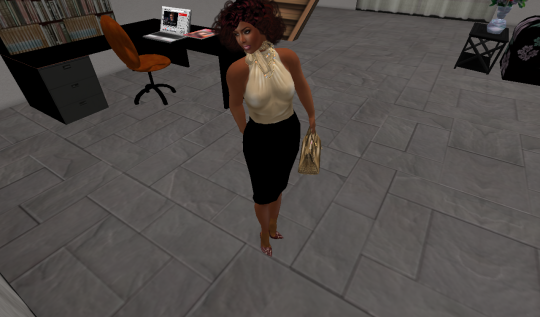
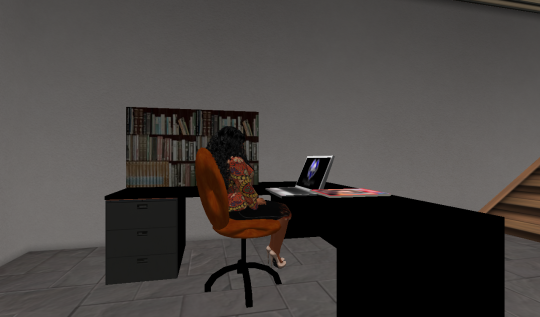
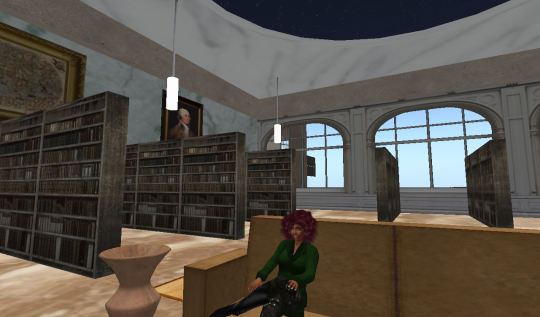




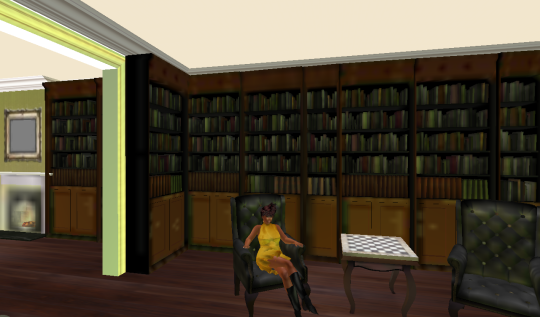

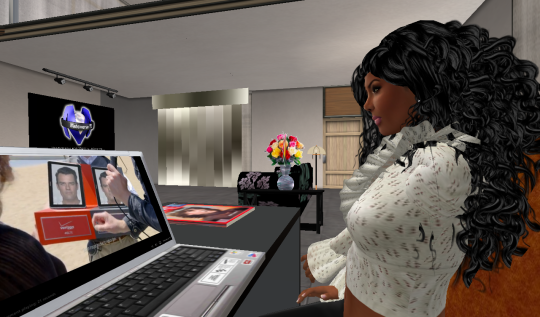




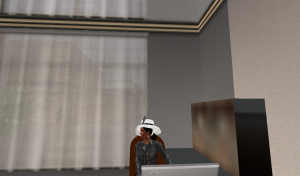









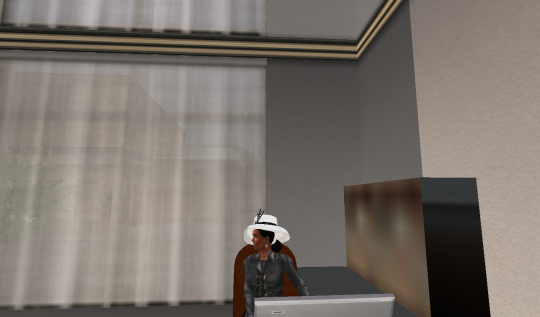






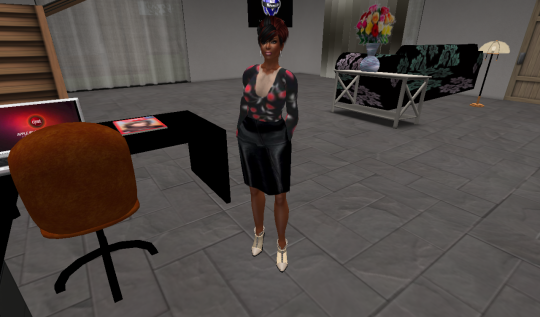
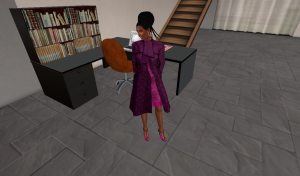















































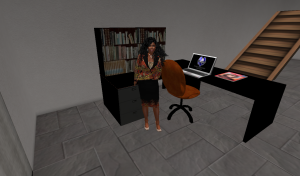





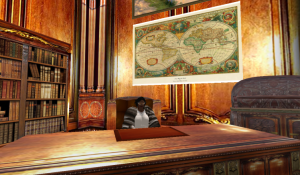


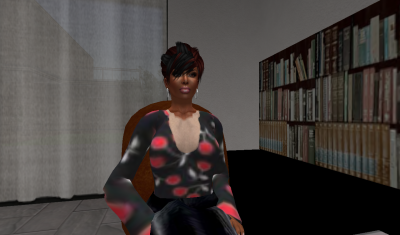
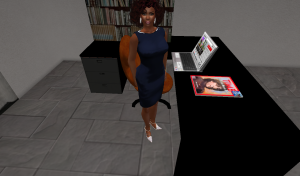





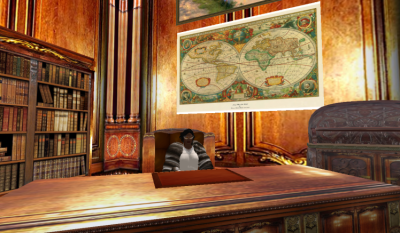



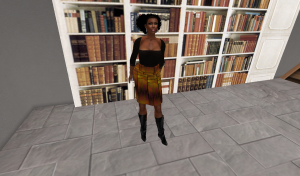

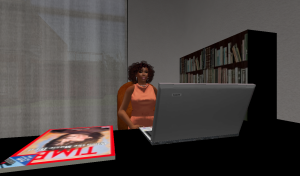


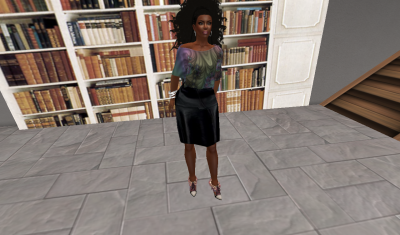









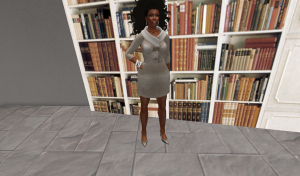


















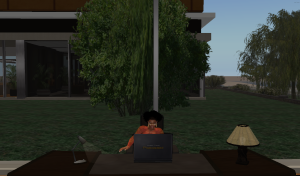



Written
on November 9, 2013